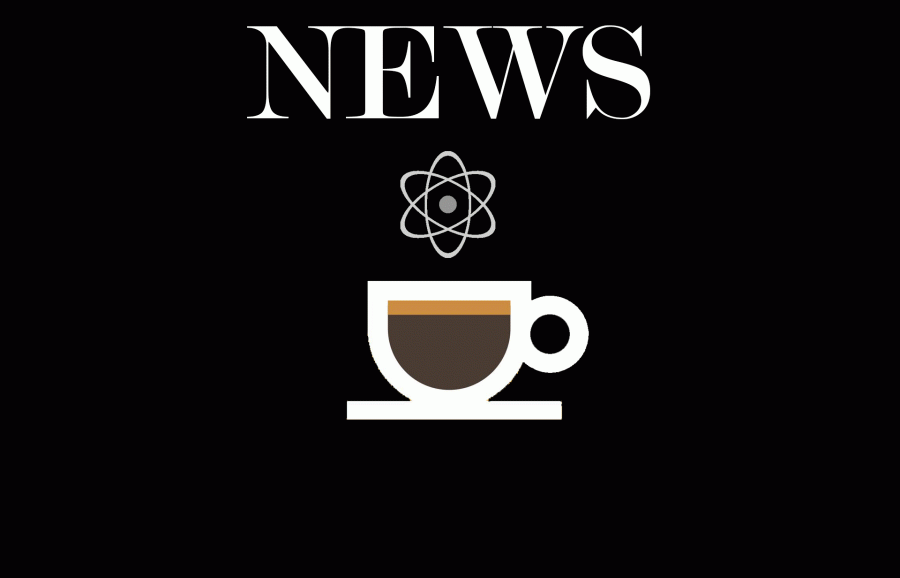Coffee talk explores quantum computing in physics
March 10, 2016
The department of physics & astronomy sponsors biweekly lectures that feature an established individual within the realm of physics. Martin Lichtman of the Joint Quantum Institute visited the University to speak on March 7. Lichtman has a bachelor’s degree in mechanical engineering, a master’s degree in aeronautics and astronautics, and a doctoral degree in physics, and currently teaches at the University of Maryland.
Lichtman began his lecture by discussing the meaning of the phrase “quantum computing.” He first emphasized what exactly a computer is and what events make the object historically significant. For example, such events include its use to track Halley’s Comet and its development into the desktop computer at the hands of Alan Turing, who famously cracked the German Enigma code.
Lichtman continued to define quantum computers as “Turing machines,” as they solve problems by deciphering passwords one character at a time. He also described how physicist Richard Feynman, known for his work on the Manhattan Project, created the idea of applying quantum mechanics to particle interactions by using certain math equations.
In order for the non-physicists in the room to grasp these complex ideas, Lichtman provided the literal definition of “quantum,” stating that the word explains how one particle is discretely related to another. He also described quantum “superposition,” which involves multiple particle states occurring simultaneously.
Lichtman discussed the celebrated Erwin Schrödinger, who is remembered for his theory of the cat in the box: how, without opening the box, we can believe that the cat is both alive and dead simultaneously.
“This is a good application of the concept of superposition,” Lichtman said.
Finally, Lichtman outlined the “simple” way of creating a quantum computer, saying that neutral atoms or ion traps are used and are the best method of building the computers.
Lichtman concluded his lecture by outlining some general research that currently exists within the world of physics, and stressing how research is an ongoing road to learning more. At this point, physicists envision creating a computer that can be more powerful than any other supercomputer.





















